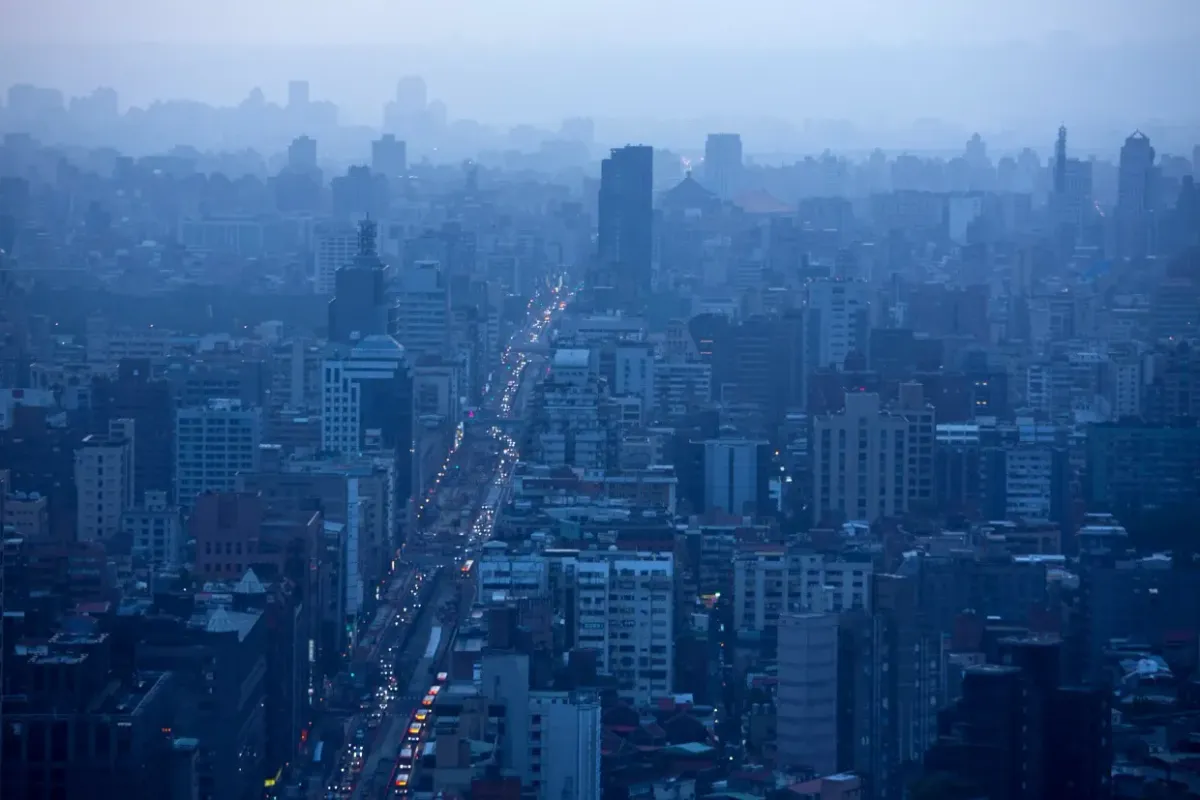Auquan's Weekly Wrap | 26th August - 2nd September: What you might have missed
Recap of the week's market activity: further power outages, automobile climate hazard risks, and the winners and losers of 5G expansion

Top Themes
Taiwan Power Outages

Following last week's insights on China's severe power outages - Taiwan is emerging as another key region to monitor. As Asia's most important chipmaking hub, the vulnerability of the tech economy across supply chains is exposed: frequent blackouts include 22 power outages between July 1 to Aug.29 caused by malfunctions of feedlines, power transformers and high voltage cables.
- Taiwan's frequent blackouts expose vulnerability of tech economy
- Power outage in Kaohsiung attributed to squirrels: Taipower
Automobile Climate Change Concerns

Climate hazards are threatening Toyota, Honda, and Nissan's factory locations according to a Greenpeace report. Significant challenges include hurricanes, flooding, high temperatures and water shortages in the coming years. Conversely, Toyota and Nissan's reactions critique the report - and address safeguard steps they are taking in response to the effects of climate change.
- These Japanese Auto giants face climate-change risks
- Forthcoming Greenpeace Report Details Climate Change's Threats to Automakers
- Toyota, Honda Top List of Carmakers Facing Climate-Change Risks
Semiconductor Fabrication Developments

The U.S. Department of Commerce’s National Institute of Standards and Technology (NIST)'s recent report outlines seven “grand challenges” that, if met will strengthen the U.S. semiconductor industry - citing fabrication a key driver. This follows a Mckinsey research report expanding upon rapidly increased wafer output from fabs (a key component for auto OEMs) thtat can reduce production lead times as vehicle demand surges post-pandemic.
- NIST Report Outlines Strategic Opportunities for U.S. Semiconductor
- ManufacturingRapid throughput improvement at mature semiconductor fabs
China Forced Labour Concerns

“Patterns of torture or other forms of cruel, inhuman or degrading treatment or punishment.” The UN High Commissioner for Human Rights Michelle Bachelet's report has spoken of Xinjiang's serious human rights abuses and potential crimes against humanity, boosting international efforts to pressure policy changes towards the region’s Muslim minority. This follows the Uyghur Forced Labor Prevention Act (UFLPA) taking effect earlier this week, presuming that 'all goods mined, produced, or manufactured, either wholly or in part, in Xinjiang are presumed to be made with forced labor, and prohibited from entry into the United States.' Over the last year, Auquan's extensive supply chain coverage has exposed companies with connections to the region - which now could suffer from major operational and social consequences.
- UN Report Accuses China of 'Serious' Rights Abuses in Xinjiang
- China in tight spot after UN report confirms human rights violations in Xianjiang
- The Uyghur Forced Labor Prevention Act (UFLPA) is Now in Effect
5G Expansion

As the global telecommunications industry embraces 5G bandwidth, winners and losers are emerging. Malaysia's 5G plans have been plagued by delays - and recent developments show two of Malaysia's largest mobile carriers Maxis Bhd and U Mobile have declined stakes in state-owned 5G agency, disrupting the government's plan to sign agreements with other carriers. In contrast, major milestones have been made in Inda with their top telecom mobile operator, announcing $25 billion spending on its 5G rollout. Having amassed more than 421 million telecom subscribers, Reliance will extend its 5G network to “every town” in India by the end of 2023.
- Malaysia's 5G plans hit as two carriers decline stakes in state agency
- Reliance Jio to spend $25B on 5G, debut in October and reach every town by 2023 end
Thank you for reading! Don't forget to subscribe to our newsletter for more!
